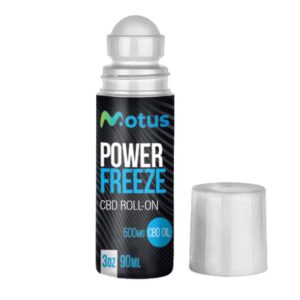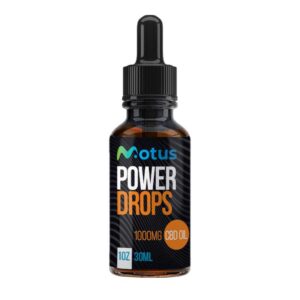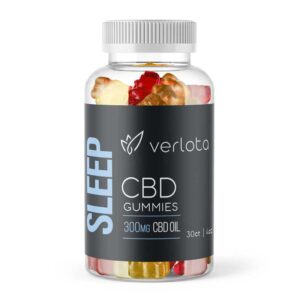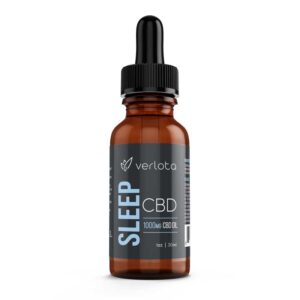Sleep. It’s not a command, it’s more of a question. If you’re one of those lucky people who can fall asleep in the middle of a noisy subway ride to/from work, then this article likely isn’t for you. However, if you’re one of the majority of Americans who struggle to get enough sleep, stay asleep long enough or sleep consistently, you need to learn about the sleep hormone and how it can change the way you rest & recharge. What is this wondrous sleep hormone we’re talking about? Well, you should be somewhat familiar with it for two reasons:
- It’s one of the most commonly used health supplements in the United States
- Your body already naturally produces it every time you get some shuteye
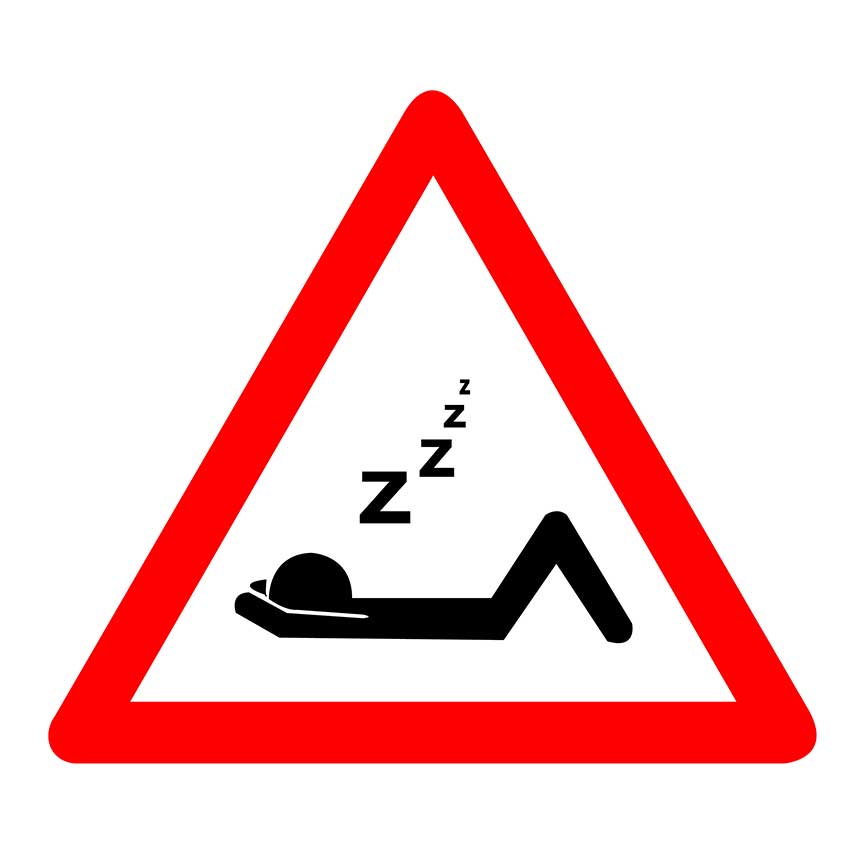
The answer to your sleepless nights and inconsistent sleep cycles just might be Melatonin. Millions of people rely on melatonin for improved sleep quality and consistency, and just like taking iron it can be very effective as a supplement for a variety of different sleep-related issues.
Melatonin for insomnia is one of the most common uses, but because we all require unique dosages of the sleep hormone it can be taken for minor sleep quality issues like jet lag as well as more serious sleep conditions. When it comes to safety, melatonin is certainly a better alternative to relying on sleeping pills or other less medically-viable substances (no, a glass of wine before bed is NOT recommended by doctors, sadly).
Whether you’ve heard about melatonin before, or you’ve even tried it once or twice, many people wonder what kinds of improvements this particular supplement can lead to over time. Those who travel for work often swear by melatonin and can rely on it for sleeping consistently across multiple timezones – not to mention sleeping everywhere from taxi cabs, airport gateways and a revolving door of varying hotel beds.
On the other side of the bed, some people have had negative encounters with melatonin supplements because it is easy to become over-reliant on it for a good night’s rest. In both cases, melatonin can improve your circadian rhythms, help you get over jet lag and even calm your anxiety if you take it in the right amount, at the right time.
How much melatonin is safe to take? How long does melatonin last in your system? Is melatonin natural? We will answer these questions and more in this article.
Put on your nightcap and get ready to catch some Z’s, because we’re going for a dream-ride in the world of sleeping better with melatonin.
MELATONIN AND SLEEP
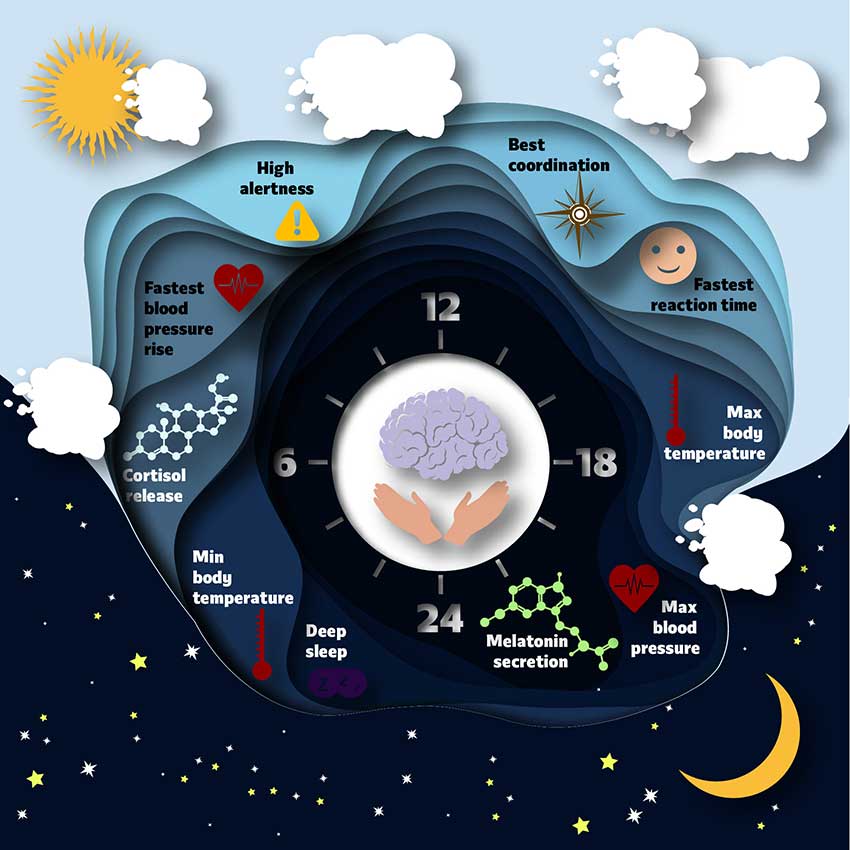
As we mentioned previously, melatonin is a naturally occurring hormone produced by your pineal gland in your brain. This endogenous hormone – melatonin that is produced within the brain – is modulated by the time of day and it naturally sets your sleep-wake cycles according to daylight and darkness. Your pineal gland is very sophisticated when it comes to melatonin production – darkness promotes your gland to generate more of the sleep hormone whereas light inhibits melatonin secretion.
Melatonin isn’t solely responsible for helping you sleep during the night and feel awake during the day, but it plays a major role in regulating your circadian rhythm.
What the heck is a circadian rhythm and why does it sound like the title of a Rush song? Despite its fantastical sounding name, circadian rhythms are essential internal clock cycles that help your mind & body stay functional over the Earth’s daily 24-hour period.
“Circadian” is a latin term that combines “circa” – around – and “diem” – day, meaning “about a day”. Circadian rhythms are not unique to humans only – these rest-wake cycles also signal flowers when to bloom and nocturnal animals when to sleep and when to be active (albeit in reverse). Some studies have suggested that one of the reasons that our babies keep us up at night when they’re first born is due to undeveloped circadian cycles – something every red-eyed parent can attest to.
Certain melatonin dosages can help your body’s internal clock and processes by balancing them or improving their efficiency. Your brain naturally produces melatonin for sleep, but some of our pineal glands are more efficient than others. Also, your work-life-rest balance is undoubtedly unique to others, so many different factors play into how good of a sleeper you are.
Introducing exogenous melatonin – sleep hormone developed in a lab or extracted from external sources like grapes, broccoli, cherries, asparagus and some plants like St. John’s Wort – can help anyone whose melatonin levels are out-of-balance.
Many people choose to supplement their sleep with melatonin on-demand or whenever they have an important/busy day ahead, while others become reliant on these kinds of sleep supplements for long periods of time. Melatonin is certainly safe to take in the short- and long-term, but you have to make sure you’re taking the right dose that suits your individual melatonin-needs.
If you are curious about trying melatonin and answering the question – does melatonin work? – we’ve compiled some of the most well-documented and commonly practiced uses of the penultimate sleep hormone. Because your sleep number is in increments of 5, we’re proud to present the Top 5 Ways to Use Melatonin for Sleep.
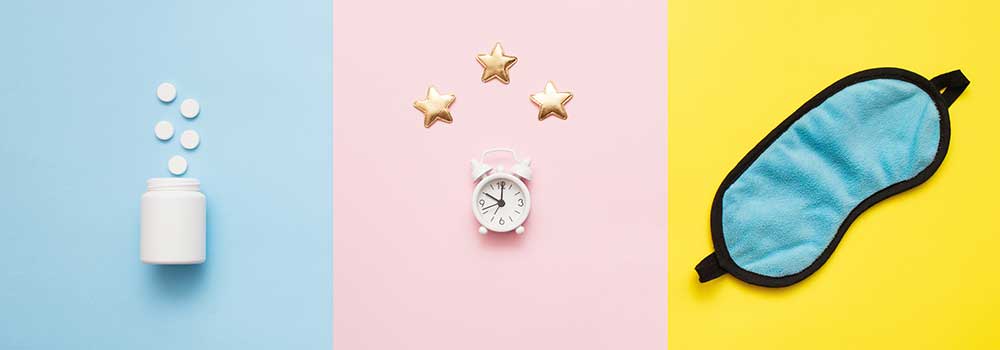
HOW TO USE MELATONIN
5. Sleep Apnea
Sleep Apnea is a particularly tough condition to treat using melatonin because the problem has more to do with your body suffering blockages of the airways when in a state of relaxation or sleep. Melatonin is generally considered to be a good supporting supplement for anyone who suffers from sleep apnea. It will not help to treat your condition as a CPAP machine can, but it does contribute to deeper, better quality sleep and optimization of your circadian rhythm. If you have sleep apnea, taking small amounts of melatonin (0.3 – 0.5 mg per day) can be beneficial to the overall quality and consistency of your sleep.
4. Insomnia
Whether you suffer from short-term or chronic insomnia, melatonin supplements can have many soothing effects for the detrimental symptoms of sleepless nights. The symptoms of insomnia can be widespread and difficult to overcome. Melatonin will not alleviate these symptoms when they occur, but you can deal with the source of the problem by taking steady doses of melatonin for insomnia. Sleeping deeper, achieving REM, staying asleep throughout the night and sleeping consistently are achievable with melatonin supplementation.
Sleep deprivation can be caused by a number of factors that can seem like they’re out of your control, but melatonin for insomnia can certainly help your brain get the quality rest it needs to avoid short- and long-term sleep complications.
#3 – Night-Shift Workers
It will come as no surprise that anyone who does shift-work at night can suffer from sleep issues. Humans are not nocturnal animals – despite our attempts to act like them when we’re young and hot-headed – so our effectiveness at staying up all-night and sleeping through the day can be difficult to maintain. When your circadian rhythm is disrupted or imbalanced it can be difficult to sleep consistently, even if you’re doing everything right.
Remember, your pineal gland automatically stops producing melatonin when you’re exposed to light, so your body might want to sleep but your brain is saying “hello?! It’s daytime, let’s get up!”.

Introducing melatonin into your routine before daytime-bedtime can significantly increase your chances of sleeping soundly after a long night-shift. Never take melatonin towards the end of your shift or on the drive home, but as soon as you get home you should take your ideal melatonin dose while you wind-down and get ready for a good night’s… Whoops, we mean day’s sleep.
#2 – Jet Lag
Dragging yourself across multiple time zones, spending endless hours in airport lounges and trying to stay awake through a revolving door of business meetings can be tough even IF you’ve slept well the night before. For anyone who travels for work or is lucky enough to have lots of leisure time to see many parts of the world, jet lag can be an overwhelming & negative influence on your trip.
Everyone has their tricks for staying relaxed and rested when travelling, but melatonin is one of the most popular ways to naturally boost your sleep quality & consistency when on the road. Depending on the melatonin dosage you need (avg. 0.5 mg – 5 mg for adults), melatonin has the capacity to help your body/brain adjust to new sleep-wake cycles, help you sleep deeper even in foreign environments, and assist your brain in relaxing amidst your busy travel schedule. Taking melatonin throughout your travels is important, because it can take weeks – if not longer – for your circadian rhythm to adjust to your new local day-night schedule.
#1 – Delayed Sleep-Wake Phase Disorder
Delayed Sleep Phase Disorder – simplified as DSWPD – is the #1 most common and most prevailing sleep issue people suffer from today. Often confused with insomnia, DSWPD is the result of a disrupted sleep-wake cycle. This can occur for a number of reasons – frequently working late, up late studying, consuming caffeine or energy-boosting supplements too late in the day/night, and many more commonalities of our chaotic, busy, modern lives.
A delayed sleep-phase disorder is often attributed to those people we call “night owls”, and it is easy to disrupt your sleep-wake cycle and circadian rhythm in both the short- and long-term. Whether you mean to stay up late or not, you might be suffering from DSWPD. A sleep-wake cycle that is delayed is considered to be off by 2 hours or more (based on the a-typical 8-hours-a-night sleep model).
If you think your cycle is off-kiltered, taking melatonin every night 1-2 hours before your intended bedtime will certainly help you feel ready for bed. As we’ve mentioned, melatonin does not typically make you feel drowsy or ‘knock you out’, so if you struggle with committing to sleeping at a certain time you might not notice the effects as much. That being said, increased melatonin levels will settle your hardworking brain and instill a sense of calm which is essential to feeling ready for a good night’s sleep.
Once you’ve balanced your circadian rhythm and sleep-wake cycle is optimized once again, you’ll likely find it easier to send yourself to bed because your brain is poised for catching Zzzz’s. Obviously, limiting your intake of caffeine, alcohol, and other substances will go a long way towards improving your sleep. In addition, try to avoid midnight-snacking! When you eat late at night you’re not giving your digestive system a chance to rest, which can also give you a shot of energy right when you’re trying to drift into sleep.
Stick to a steady dose of melatonin and be disciplined with your late-night activities and you’ll find that falling asleep at night is the easiest part of your day.
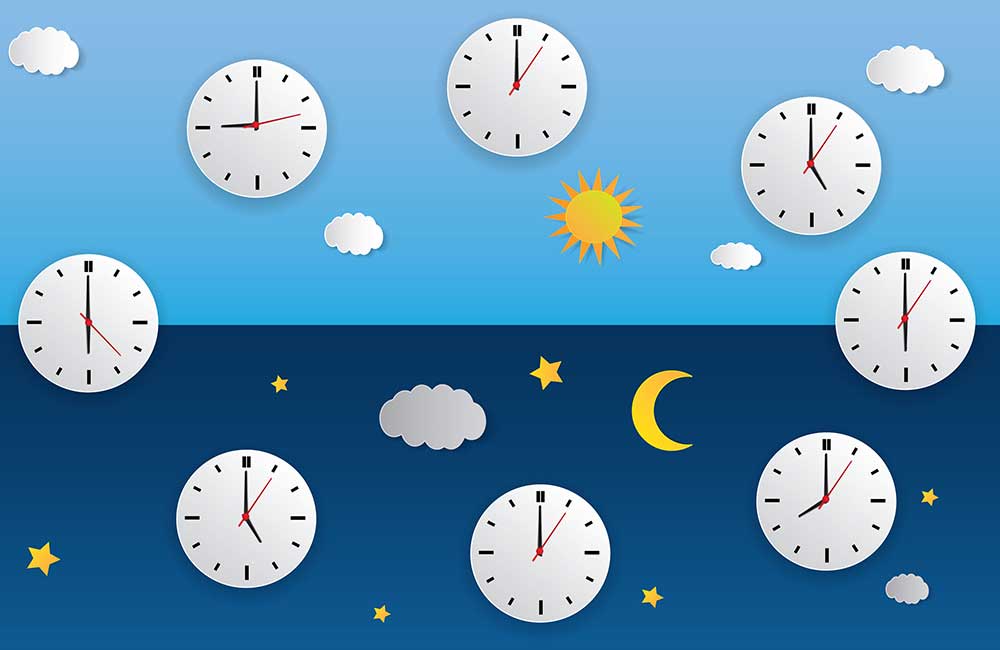
ARE THERE ANY SIDE EFFECTS OF MELATONIN FOR SLEEP?
Melatonin is generally safe to include in your nightly routine or for some much needed sleep aid when you’re travelling. There are some people who experience melatonin-sensitivities, such as headaches, nausea, drowsiness and even fatigue, but these side effects are rare for most short-term melatonin users. That being said, do you know how much melatonin you should take?
Most negative effects from melatonin come from taking too much, too frequently. Because we already produce melatonin naturally, your brain can become overburdened with this powerful sleep hormone if you take high doses too close together.
The #1 most common mistake for new melatonin users is to take more melatonin shortly after their initial dose, because they don’t ‘feel the effects quickly enough’. Don’t worry if you don’t feel anything – melatonin is not meant to ‘knock you out’ or make you drowsy to the point of sleeping anywhere, anytime.
Melatonin is most effective when you use it to supplement your sleep cycles whenever you have:
- Trouble falling asleep
- Difficulty staying asleep
- Do not feel rested after a full night’s sleep
- Have a tough time sleeping consistently from night-to-night
So, it’s best to not rely on melatonin to send you into a deep sleep if you struggle with “eyes-wide-open” syndrome. Nevertheless, taking melatonin 30 minutes to a couple hours before your intended bedtime will undoubtedly support your mind & body in readying themselves for sleep, even if your overactive mind or busy schedule keeps trying to get in the way.
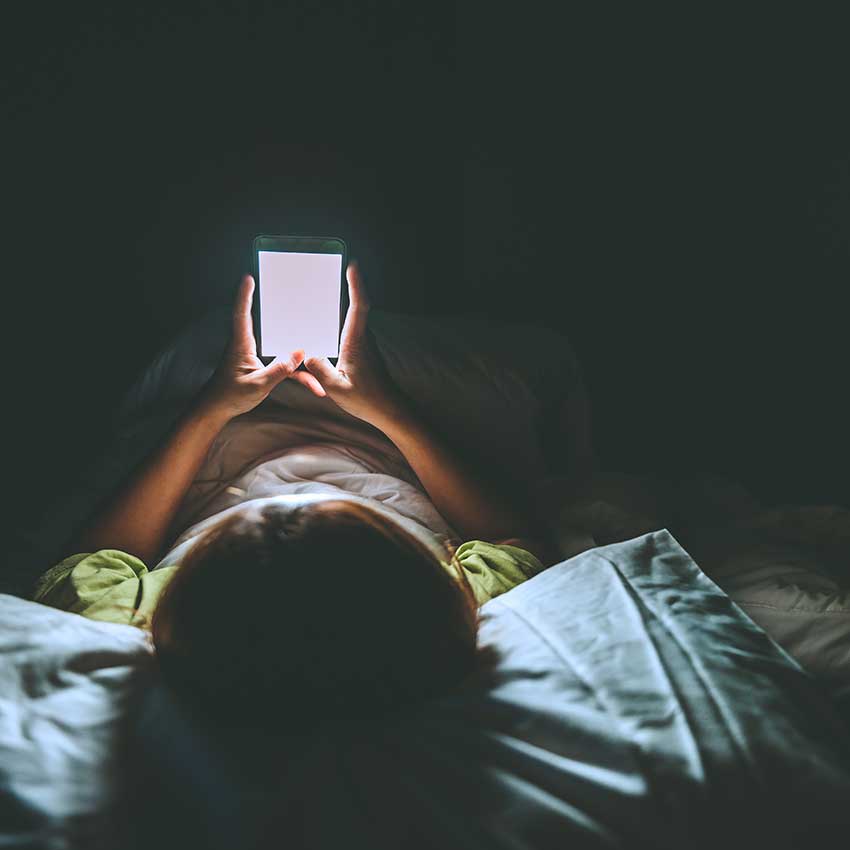
Ditch the afternoon coffee, don’t eat too close to bedtime, and STAY OFF YOUR PHONE! One of the leading causes of sleep deprivation is too much screen-time on phones, computers and TV’s all-hours of the day. If you avoid letting your screen time run into the night – especially right before you try to sleep – your brain, and eyes, will thank you for the break from stimulation.
It’s also important to make sure you’re staying physically active throughout the day – even just a quick spurt of exercise. When you stay active mentally and physically, you’ll find it much easier to get in the right frame of mind for sleep. Support these good behaviors with some safe, natural and effective melatonin for sleep and you too can stop dreaming about sleeping soundly and start actually dreaming!
Rethink Sleep
Shop Our Selection of Premium Sleep Supplements.
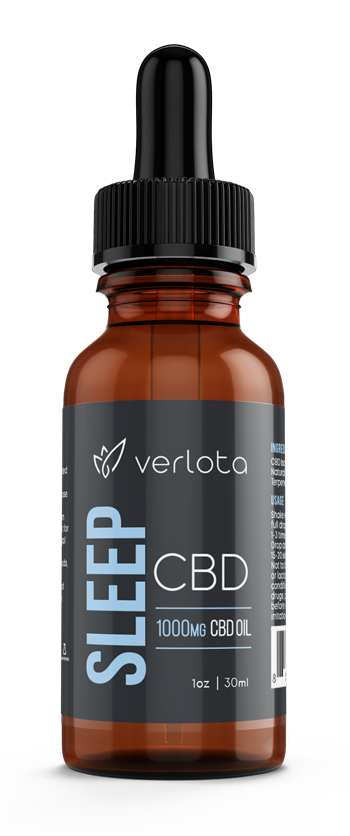
Sleep CBD Oil
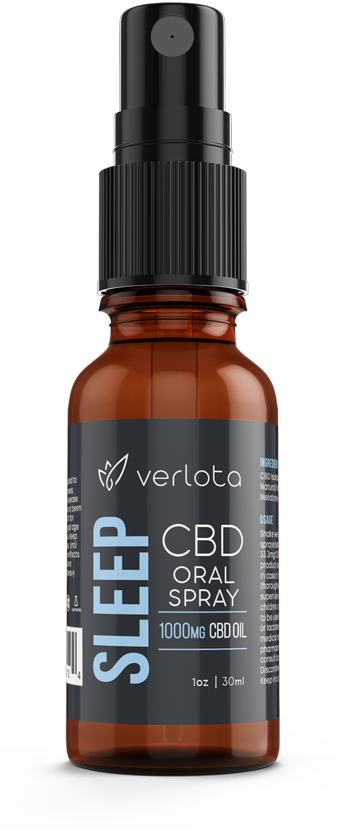
SLEEP CBD Oral Spray
FAQ’s
How long before bed should you take Melatonin?
Melatonin can affect people very differently – everyone exhibits different tolerances to melatonin – so how much you take and what dose you require to feel the effects will determine how quickly it works. On average, taking your ideal dosage of melatonin 1-2 hours before you go to sleep will yield the best results. Be sure to start on the lower end of doses and monitor how you feel after taking melatonin, then adjust accordingly.
Can Melatonin disrupt sleep?
If you take too much melatonin it can negatively impact your sleep-wake cycle, disrupting how you fall asleep and stay asleep. Overdosing on melatonin can actually cause you to feel tired and make it harder to fall asleep by disrupting your circadian rhythms. As always, follow the golden rule of dosing – start low and go slow – to optimize your melatonin dosage, and pay close attention to how you’re feeling.
Can you take Melatonin right before bed?
Melatonin affects people very differently, but you can expect to feel it working within 30 minutes to 1-2 hours. Taking Melatonin right before bed can actually have the opposite effect – if you take too much – and make it more difficult for you to fall asleep. So, it is best practice to begin with a low dose 1-2 hours before you aim to go to sleep, and monitor how melatonin makes you feel and adjust your dosage accordingly.
Does Melatonin cause weight gain?
Melatonin on its own does not cause weight gain, but there have been studies that show the potential for melatonin to promote active metabolisms and healthy weight. Reduced melatonin and sleep in people who struggle to get enough quality rest have actually been linked to increased appetites and can contribute to weight gain.
Is Melatonin good for anxiety?
Melatonin can work to alleviate stress, anxiety and bad moods by helping you feel rested and energetic through improved sleep. By sleeping more consistently and for longer periods, Melatonin can assist your body in optimizing its circadian rhythms – 24-hour cycles in our minds & bodies that regulate a number of important bodily functions.
Does Melatonin calm you down?
Melatonin can certainly support relaxed minds and reduced stress by optimizing your quality of sleep, but it also has the capacity for increasing the levels of GABA in your brain. GABA – gamma-aminobutyric acid – can influence your mood, stress and anxiety at higher concentrations in your brain, and by supporting increased GABA activity Melatonin contributes directly to feeling calm. Melatonin and sleep go hand-in-hand, but if you need a boost don’t be afraid to supplement with this safe, natural sleep hormone.
What are the negative effects of Melatonin?
Taking too much melatonin for sleep, or taking it for too long can lead to some negative side effects in certain people, including headaches, dizziness, nausea and drowsiness. Feeling fatigued or groggy is the most common side effect of too much melatonin, so it is important to optimize when/how much melatonin you are taking to ensure you get the most benefits possible.
Is 5 mg Melatonin too much?
Depending on your tolerance to melatonin, taking 5 mg can be safe for adults but children should definitely avoid taking higher doses. Some individuals can benefit from higher doses of melatonin – 10 mg+ per dose – but these figures can vary greatly. To be sure you’re taking just the right amount of melatonin, start with a low dose and work your way up until you feel the ideal effects that suit your personal needs. Always be sure to repeat this process when trying a new kind of melatonin product, and always be cognizant of how you feel when trying a new dosage.

